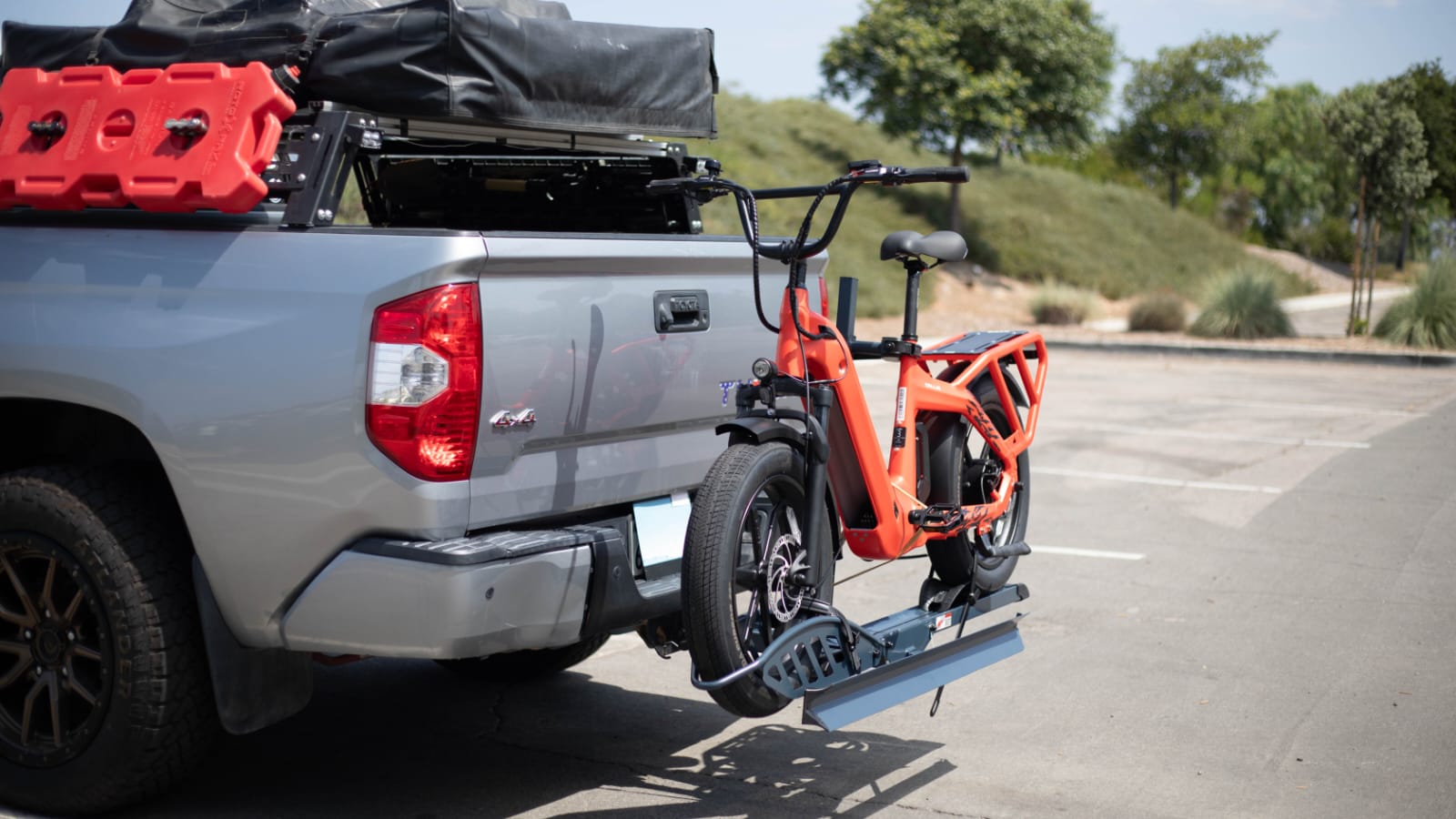eBikes have surged in popularity as eco-friendly and efficient transportation options. However, transporting them can present unique challenges, particularly with hitch rack compatibility. Ensuring your eBike fits securely and safely on a hitch rack is essential for both convenience and safety. This guide delves into common eBike hitch rack compatibility issues and provides actionable solutions.
Understanding eBike Hitch Racks
What Is a Hitch Rack for eBikes?
A hitch rack is a bike rack designed to attach to a vehicle’s hitch receiver, allowing for easy transportation of bicycles, including eBikes. These racks differ from traditional ones due to the unique needs of eBikes, such as heavier frames and larger wheel sizes.
Why Compatibility Matters
Compatibility is crucial to ensure the rack supports your eBike’s weight, wheel dimensions, and frame style. Improperly matched racks can lead to safety risks, vehicle damage, or potential harm to your eBike.
Common eBike Hitch Rack Compatibility Issues
Weight Capacity Limitations
Many standard hitch racks are designed for traditional bikes and may not support the extra weight of eBikes. Overloading a rack can result in damage or accidents.
Wheel Size and Frame Shape
Modern eBikes often feature unconventional designs, such as wide tires or step-through frames, which standard racks may not accommodate.
Battery Placement
The position of the eBike’s battery can affect its balance on the rack. Racks not designed for eBikes may struggle to keep them secure.
Hitch Receiver Sizes
Some hitch racks require specific receiver sizes, such as 1.25 inches or 2 inches. Mismatched hitch receivers can prevent proper installation.
Lack of Secure Locking Mechanisms
Many racks lack sufficient locking mechanisms to prevent theft or keep eBikes stable during transit.
Solutions to eBike Hitch Rack Compatibility Issues
Opt for eBike-Specific Hitch Racks
Choosing a rack specifically designed for eBikes can resolve most compatibility issues. These racks often feature higher weight limits and adaptable designs.
Remove the Battery
Removing the battery before loading your eBike can reduce its overall weight, helping standard racks accommodate the bike more easily.
Look for Adjustable Wheel Trays
Hitch racks with adjustable wheel trays can better accommodate varying wheel sizes, including fat tires common in eBikes.
Ensure Proper Hitch Receiver Fit
Measure your vehicle’s hitch receiver and compare it with the rack specifications to ensure a proper fit.
Use Frame Adapters
For step-through or non-standard frames, consider using frame adapters. These create a temporary top tube for easier mounting.
Key Features to Look for in an eBike Hitch Rack
High Weight Capacity
Choose a rack with a weight capacity of at least 60 pounds per bike to safely transport most eBikes.
Fat Tire Compatibility
Ensure the rack accommodates wide tires, often up to 5 inches in width.
Integrated Security Features
Look for racks with integrated locks for both the bike and the rack itself.
Tilt and Fold Functions
Racks that tilt for trunk access and fold for storage enhance usability and convenience.
Durable Construction
Select a rack made from high-quality materials, such as steel or aluminum, to ensure longevity.
Tips for Safe eBike Transport
Double-Check the Weight Limit
Never exceed the rack’s weight capacity, as this can lead to accidents or damage.
Secure Your eBike Properly
Always use additional straps or locks to keep your eBike stable during transit.
Drive Cautiously
Adjust your driving habits when carrying an eBike to account for the extra weight and rear overhang.
Conclusion
Addressing eBike hitch rack compatibility issues ensures your eBike remains safe and secure during transportation. By understanding the unique challenges eBikes pose and investing in the right equipment, you can enjoy hassle-free travel with your eBike. Prioritize compatibility, safety, and convenience to make every trip smooth and stress-free.
Stay in touch to get more news & updates on Forbes Zine!




